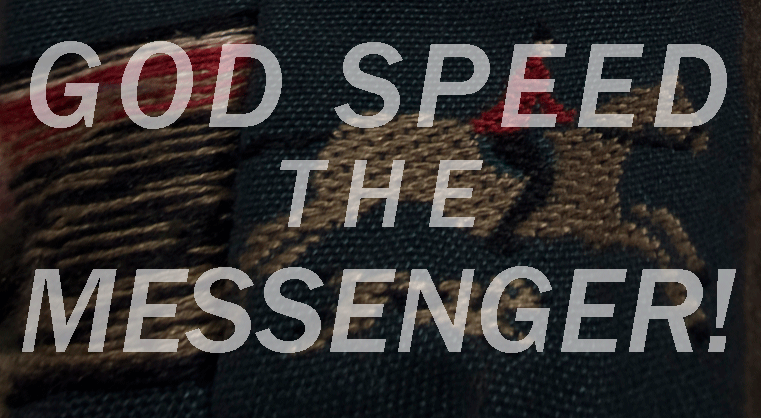the orangutan here is thinking:
"...but WHY? ...such senselessness?? My people are wandering lost in a landscape that has changed from lush green to ashen grey. The burnt forests are all becoming guarded plantations. They'll shoot me if they catch me eating these oil-palm fruits, but crop-raiding is my only chance at survival in these hungry times... & Why do they kill mothers to steal their babies? & Why do they prefer farms to forests? & Why do they choose violence over peace? The naked apes make no sense to me! "
I'm sure there are many orangutans out there in the wild that wonder what the hell is going on??!! with their forest worlds. They see them collapsing, burning, and being converted to palm-oil farms far and wide throughout Borneo and Sumatra. The problem for Indonesia's ( & Malaysia's...) booming industry in palm oil lies not only in its shortsightedness in replacing complex ecosystems for unsustainable monocrops in already poor tropical soil that requires genetic engineering and/or massive chemical treatments; but in its abohorrent lack of respect for the wonder and diversity of biological life that those tropical forests foster. The industry also continues the reign of multinational corporate giants that accelerate wealth disparity, do little for worker-rights, and leave poor, indigineous peoples little choice but seeking employment for survival from the forces that displace them. Meanwhile forest-giant trees are falling, exported as exotic tropical hardwood for the posh urban elite. It is sad that the demand is global and growing.
The truly frightening part is that we are funding the entire process. If you are not a label-reader at the grocery, and you buy mainstream food-products, cosmetics, soap, baked goods, biofuel, cleaning products (the list could go on very long...) then you are spending money that ends up in corporations whose agenda is to make food cheaply and maximize profit (for the few) without much regard for sustainable practices or earth-conscientiousness (until it is proved economically viable...). Heard of Cargill? or Monsanto? They don't exactly have the little guys in mind.
We must also pay attention to the wood we buy, that it is not from tropical regions, and that the amount of paper products we are using is not in excess.
Its going to be a challenging fight to overcome such giants as uncaring greed-driven corporations, or distracted ignorant consumer masses, or developing governments eager for economic boosts, but if we want rainforests (& orangutans!) and their incredible diversity and vibrance of life to flourish again in the coming centuries, it is a fight we must be conscious of and engage ourselves in fully.
[To quote the Jane Goodall Institute:]
Every individual matters.
Every individual has a role to play.
Every individual makes a difference.
I, for one, am reading my labels and making purchases accordingly!
(thank you for reading)







